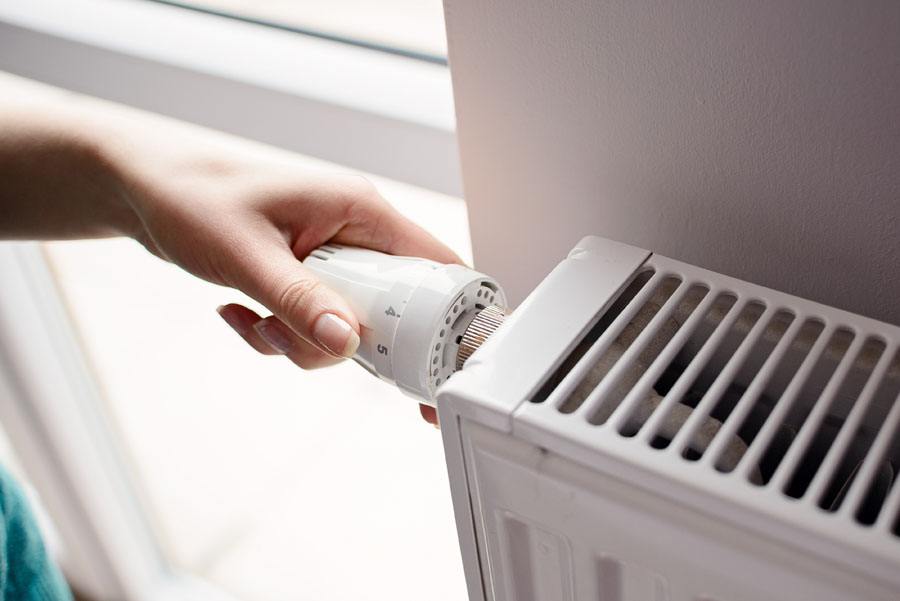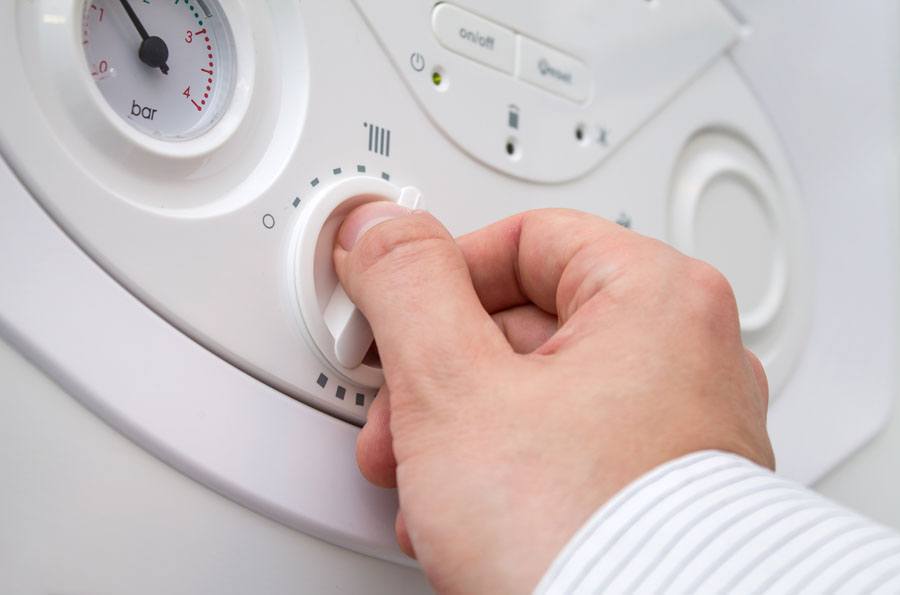Learn how to prevent breakdowns in oil boilers with our guide. Discover the importance of regular servicing, keeping your boiler clean and checking oil levels.
Schedule Regular Servicing
Having your oil boiler serviced is one of the most effective ways to avoid breakdowns and keep it running efficiently. During a service, the engineer will inspect the heat exchanger, burner, fuel pump and oil filter.
They will then clean any soot or dirt build-up, replace any damaged components and check that the boiler is burning fuel correctly. These routine checks help the system run more smoothly and reduce the risk of faults developing.
Many boiler problems start off small, such as a blocked nozzle, low oil pressure, or a faulty sensor. However, if these issues aren't dealt with early on, they can lead to bigger problems like boiler lockouts, poor heating, or even complete breakdowns. A boiler service can help resolve these issues before they get worse.
A clean, well-maintained boiler system puts less strain on its components, helping to improve its efficiency and reduce your fuel use. This means you get more value from your heating oil, lower energy bills, and fewer risks of breakdowns and emergency call-outs.
It's recommended to have your oil boiler serviced at least once a year to ensure it’s safe, runs at its best, and meets the manufacturer's guidelines.
Keep the Boiler Clean and Clear
Keeping your oil boiler clean and clear can help prevent unexpected breakdowns. Over time, dust, dirt, soot, and sludge can build up inside the boiler and can lead to blockages and extra strain on the system.
Soot is one of the most common problems in oil boilers. Soot forms when the fuel doesn’t burn properly and can collect on the burner, heat exchanger, and flue.
This build-up can stop heat from moving effectively through the system, making the boiler work harder and use more fuel. In serious cases, it can even cause overheating or shut the boiler down completely.

Dust and dirt on the vents or air intakes can also affect the boiler's performance. If air can’t move freely, the boiler can struggle to burn the oil efficiently. Poor airflow can affect how the gas waste is removed from the system.
Sludge in the fuel tank or pipework can also block the oil filter and damage the pump. This can reduce the oil flow to the burner, leading to ignition issues or complete system failures.
Cleaning the system and replacing the oil filter regularly helps keep the fuel flowing properly and protects the key components in your boiler.
By keeping your oil boiler clean and clear, you can avoid common issues, improve your energy efficiency, and enjoy reliable heating all year round.
Check and Top Up Oil Levels
Many boiler issues start when the oil level drops too low or runs out completely. By taking the time to monitor your oil supply, you can keep your system running smoothly and avoid unexpected issues.
When your oil levels drop too low, air can enter the fuel line and impact the flow of oil to the boiler. This often causes the boiler to struggle to start or causes it to shut down completely. Restarting the system usually requires a qualified engineer to bleed the air from the fuel line, which can be both time-consuming and expensive.
Checking your oil levels regularly gives you time to order a top-up before it runs too low. It also helps you avoid emergency deliveries, which are often more expensive. Most tanks have a built-in gauge or sight tube to make it easy to check the oil level.
Some systems also have digital monitors or alerts when the oil is running low. Keeping the oil tank topped up ensures your boiler always has enough fuel to work efficiently. It also helps reduce strain on the pump and burner and supports better fuel burning.
Check the Flue and Vents Are Clear
Keeping the flue and vents clear is an important part of preventing breakdowns in an oil boiler. The flue is the pipe that safely removes waste gases that are produced during combustion, while the vents let air flow into the system to support efficient burning.
A blocked flue can stop harmful gases like carbon monoxide from leaving your home properly and can lead to gases building up inside the property. The common causes of blockages include soot build-up, leaves and other debris, especially in outdoor flue systems.

Clogged vents can reduce the amount of fresh air reaching the burner. Without enough airflow, the boiler can struggle to burn fuel correctly, leading to poor combustion, higher fuel usage, and an increase in soot and smoke build-up.
This extra strain on the system can shorten the lifespan of important components like the burner, heat exchanger, and fuel pump.
A clear flue ensures that waste gases are removed quickly and properly, while unblocked vents allow for good airflow, helping the system burn oil cleanly and evenly. It’s a good idea to inspect these areas a few times a year, especially before winter, when your heating is used the most.
Oil Fired Cumbria provides reliable oil boiler repair services to ensure your home stays warm. From fixing common issues to full system checks, we can find and repair problems quickly and efficiently.


